Explore Groundbreaking Autism Regenerative Medicine in Austria
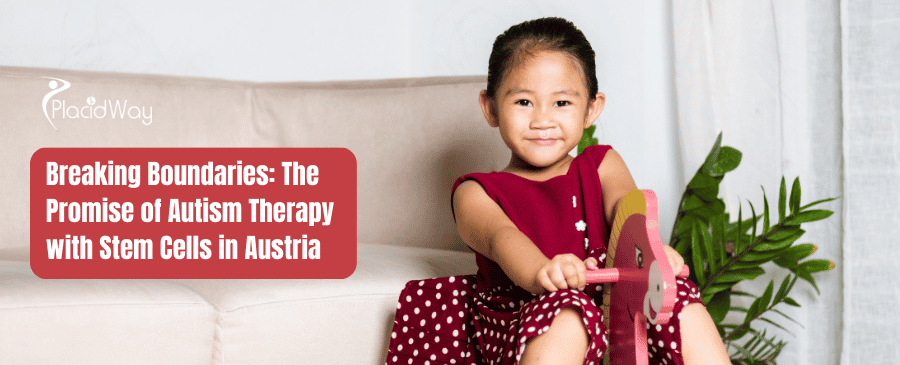
A child with autism is very uncommon. They see the world differently and often struggle to communicate and interact like other kids. This can make everyday tasks challenging and sometimes impossible. Parents of children with autism face unique struggles as they try to navigate a world that doesn't always understand or accommodate their child's needs.
Simple activities like going to the grocery store or attending social events can become daunting tasks. These parents constantly search for ways to support their child and provide them with the tools they need to thrive. In Austria, researchers are exploring a new treatment called autism stem cell therapy. It offers hope for families looking for new ways to help their children with autism live better lives.
Eligibility Criteria for Autism Stem Cell Therapy
Stem cell therapy in Austria is primarily targeted towards individuals diagnosed with autism spectrum disorder (ASD). Eligibility criteria typically include factors such as age, severity of symptoms, and overall health status. It's essential for individuals seeking this therapy to undergo thorough evaluations by qualified medical professionals to determine their suitability for the treatment.
Understanding Stem Cell Therapy for Autism
Stem cell therapy involves the transplantation of stem cells into the body to promote tissue repair and regeneration. In the context of autism, these stem cells aim to target areas of the brain affected by the disorder, potentially aiding in neural development and function. The process begins with the extraction of stem cells, which are then cultivated and prepared for administration. Once injected, these cells have the potential to integrate into existing neural networks, offering hope for improved cognitive and behavioral outcomes.
What Promises That Stem Cell Therapy Holds for ASD
Enhanced Neural Connectivity:
The brain's ability to function effectively relies on intricate networks of neurons communicating with one another. In individuals with ASD, disruptions in neural connectivity can manifest as difficulties in social interaction, communication, and sensory processing. Stem cells have shown the remarkable ability to facilitate the formation of new connections between neurons, effectively rewiring neural circuits. By enhancing neural connectivity, stem cell therapy holds the potential to improve communication within the brain, leading to more efficient processing of information and potentially alleviating some of the core symptoms of ASD.
Neuroregeneration:
The brain is remarkably adaptable, capable of generating new neural tissue in response to injury or disease. However, in individuals with ASD, this capacity for neuroregeneration may be impaired, contributing to the persistence of symptoms. Stem cell therapy offers a promising solution by promoting the growth of new neural tissue, effectively replenishing and repairing damaged areas of the brain associated with autism. By stimulating neuroregeneration, stem cells may help restore proper functioning to affected brain regions, offering hope for improved cognitive and behavioral outcomes.
Modulation of Inflammation:
Inflammation within the central nervous system has been implicated in the pathogenesis of autism, with studies linking neuroinflammation to the development and progression of the disorder. Stem cells possess potent anti-inflammatory properties, capable of modulating the immune response and reducing inflammation within the brain. By targeting neuroinflammation, stem cell therapy may help alleviate the underlying inflammatory processes contributing to the symptoms of ASD. By mitigating inflammation, stem cells may create a more conducive environment for neural repair and regeneration, further enhancing the efficacy of therapy.
Improved Behavioral Functioning:
One of the most promising aspects of stem cell therapy for ASD is its potential to improve behavioral functioning. Research indicates that individuals undergoing stem cell therapy may experience noticeable improvements in social interaction, communication skills, and repetitive behaviors—the hallmark symptoms of autism. By addressing underlying neurological deficits, stem cell therapy may help individuals with ASD develop and refine essential skills necessary for meaningful social engagement and adaptive functioning. These improvements can have a profound impact on the overall quality of life for individuals with ASD and their families, offering hope for a brighter future.
Potential for Long-Term Benefits:
While further research is needed to fully elucidate the long-term effects of stem cell therapy for ASD, initial findings are highly promising. Studies suggest that the benefits of stem cell therapy may extend beyond the immediate treatment period, with some individuals experiencing sustained improvements in symptoms over time. This potential for long-term benefits is particularly significant, as it offers hope for lasting improvements in cognitive, behavioral, and functional outcomes for individuals with ASD. By addressing the underlying neurological abnormalities associated with the disorder, stem cell therapy has the potential to unlock new possibilities for individuals with ASD, empowering them to lead more fulfilling and independent lives.
The Path to Progress with Autism Therapy in Austria
Advancements in autism therapy are paving the way for a brighter future for individuals and families affected by the disorder. Stem cell therapy represents a significant step forward in our understanding and treatment of ASD, offering hope where traditional interventions have fallen short. With ongoing research and development, the promises of stem cell therapy for ASD continue to inspire optimism within the medical community and beyond.
Advantages of Stem Cell Treatments for Autism in Austria
- Non-Invasive: Stem cell therapy typically involves minimally invasive procedures, reducing the risk and discomfort associated with more invasive treatments.
- Customized Approach: Treatment plans can be tailored to meet the unique needs of each individual, ensuring personalized care and optimal outcomes.
- Potential for Holistic Improvement: Stem cell therapy has the potential to address not only the core symptoms of autism but also associated comorbidities, leading to comprehensive improvements in overall functioning.
- Reduced Reliance on Medication: For some individuals, successful stem cell therapy may result in decreased dependence on medication for managing symptoms, offering a more natural and sustainable solution.
- Enhanced Quality of Life: Ultimately, the goal of stem cell therapy is to enhance the quality of life for individuals with ASD and their families, promoting independence, well-being, and a sense of fulfillment.
Top Clinics for Autism Stem Cell Therapy in Austria
Austria boasts several renowned clinics specializing in stem cell therapy for autism. These facilities are equipped with state-of-the-art technology and staffed by experienced medical professionals dedicated to delivering exceptional care to their patients. While specific clinic recommendations may vary depending on individual needs and preferences, Austria's reputation for excellence in medical tourism makes it a top destination for individuals seeking stem cell therapy for ASD.
Best Stem Cell Clinic in Austria |
|
|
|
Kobinia Med, Austria's top stem cell clinic, provides specialized therapies for autism, offering hope and transformation for those impacted by this complex condition. |
Cost of Stem Cell Treatments for Autism in Austria
The cost of stem cell therapy for autism in Austria can vary depending on factors such as the type of treatment, the clinic chosen, and any additional services required. While it's essential to consider the financial aspect of treatment, many individuals find that the potential benefits outweigh the initial investment. Additionally, some clinics may offer financing options or assistance with insurance coverage to help make treatment more accessible to those in need
|
Package |
Cost in USD |
|
$12,000 |
Highly Qualified Stem Cell Therapy Specialists for Autism in Austria
Austria is home to numerous talented and highly qualified medical professionals specializing in stem cell therapy for autism. These experts bring a wealth of knowledge and experience to their practice, ensuring that patients receive the highest standard of care. While specific recommendations may vary depending on individual circumstances, individuals seeking stem cell therapy for autism can trust in the expertise and dedication of Austria's top doctors.
Stem Cell Therapy Doctors in Austria |
|
|
|
|
Request a Consultation for Autism Regenerative Medicine in Austria at PlacidWay!
Ready to explore the possibilities of stem cell therapy for autism in Austria? Contact PlacidWay Medical Tourism today to schedule a consultation with a trusted provider. Our team of experts is here to guide you through every step of the process, helping you access the care you need to unlock a brighter future for yourself or your loved one with ASD. Don't wait any longer to take the first step towards a better tomorrow.

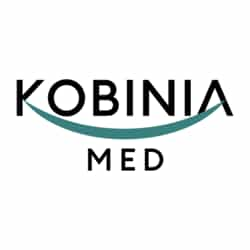
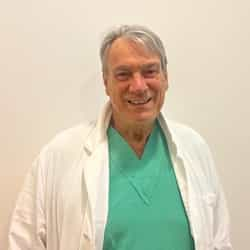


.png)
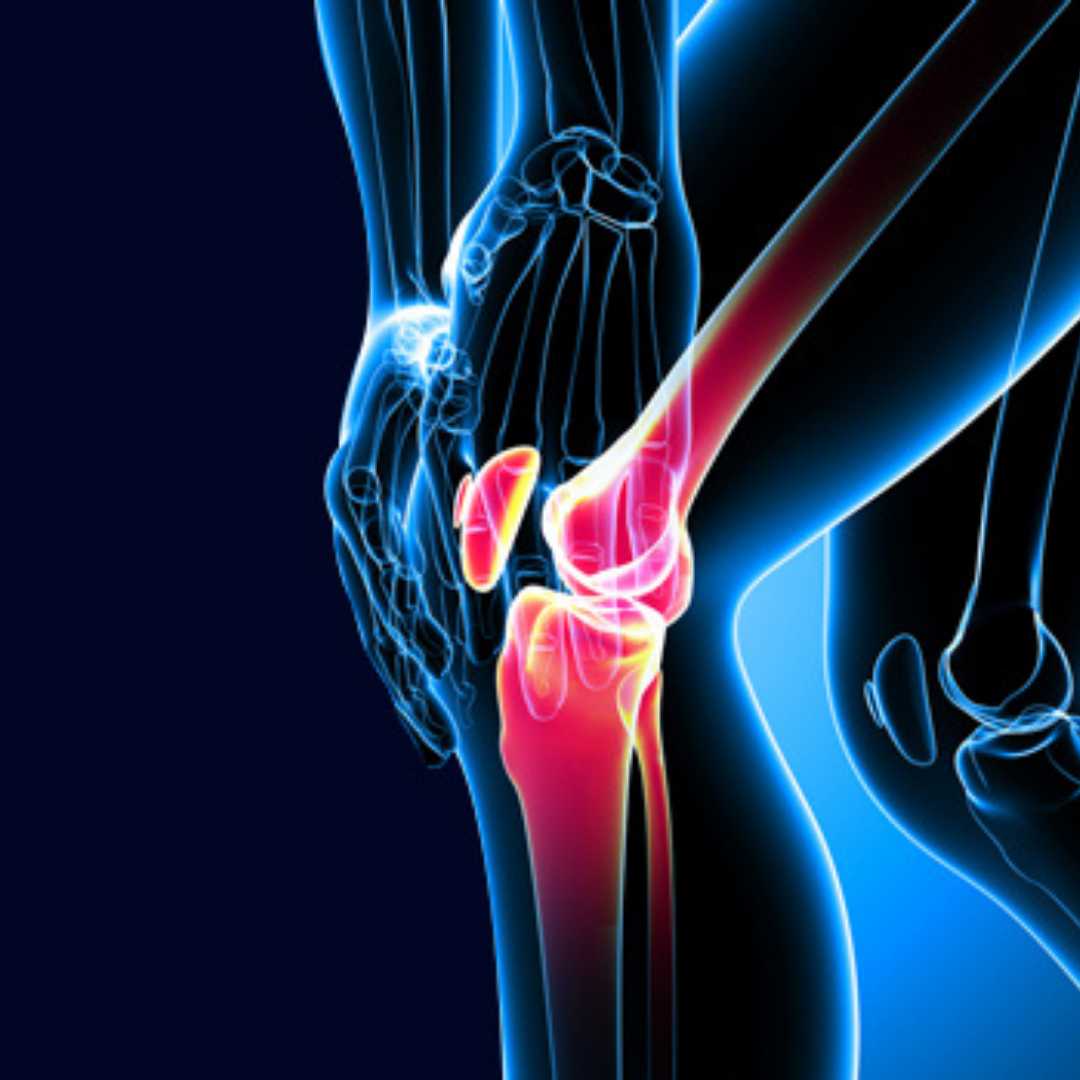
.png)

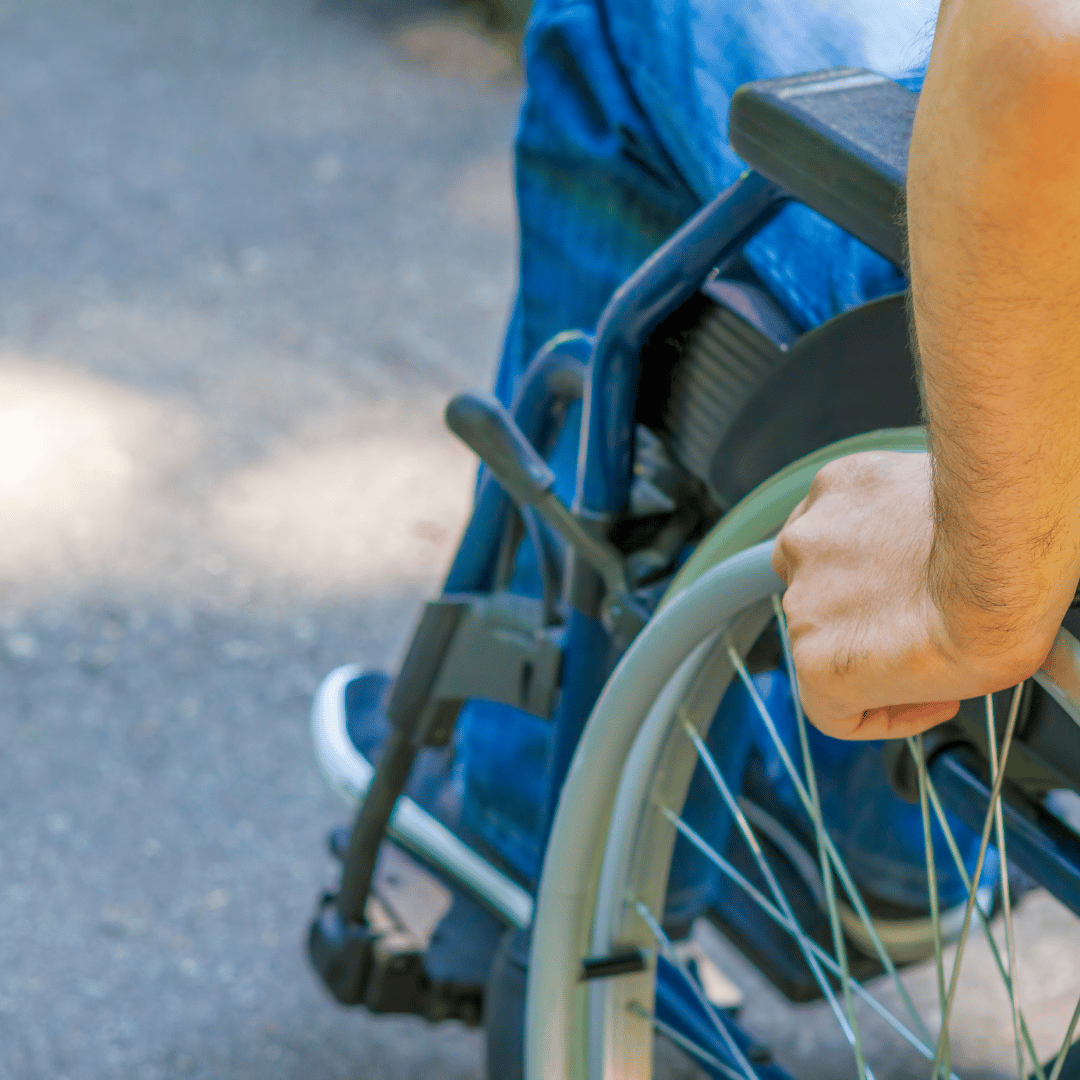
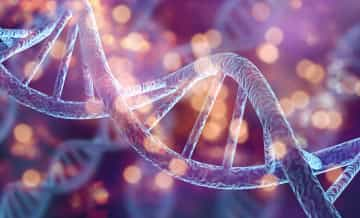

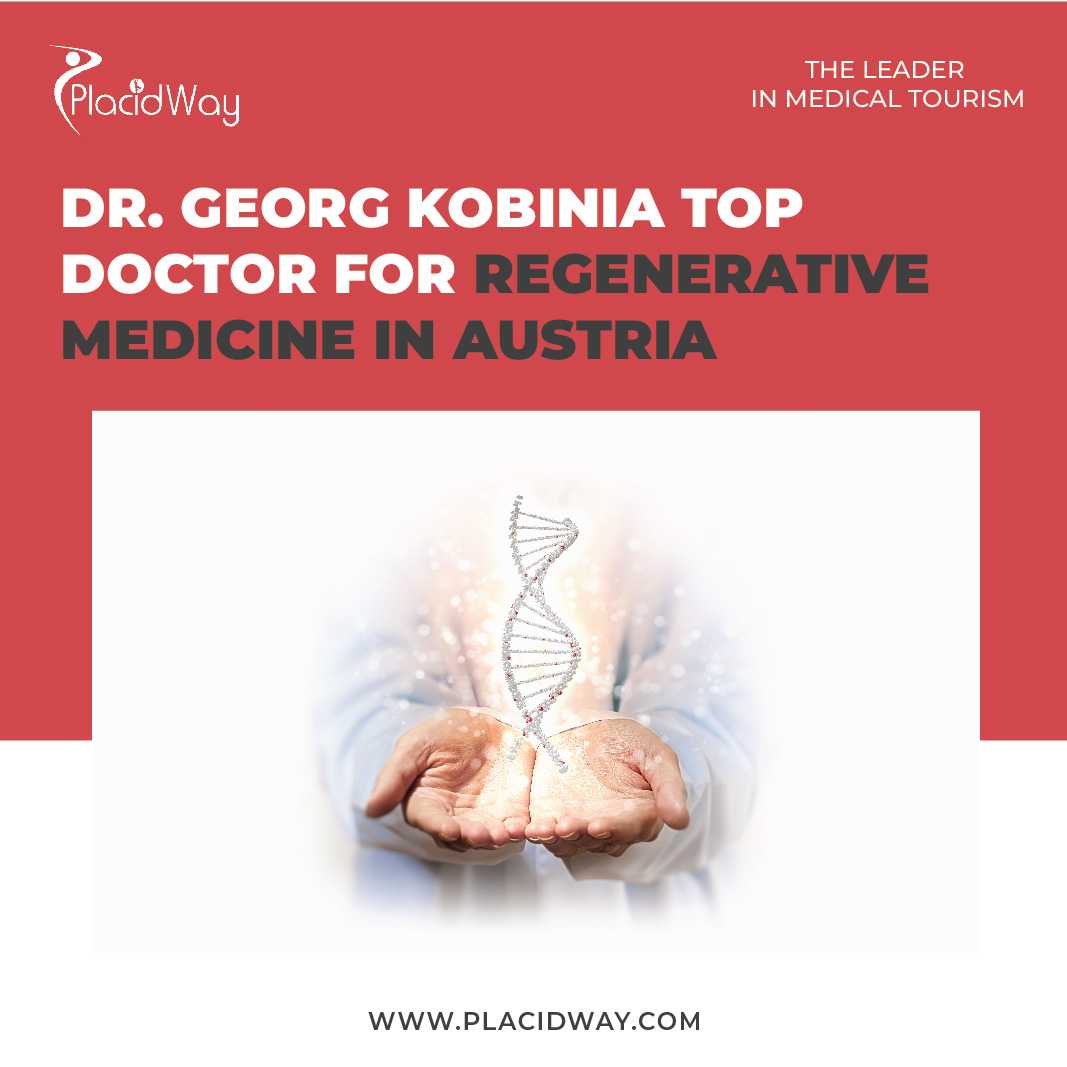

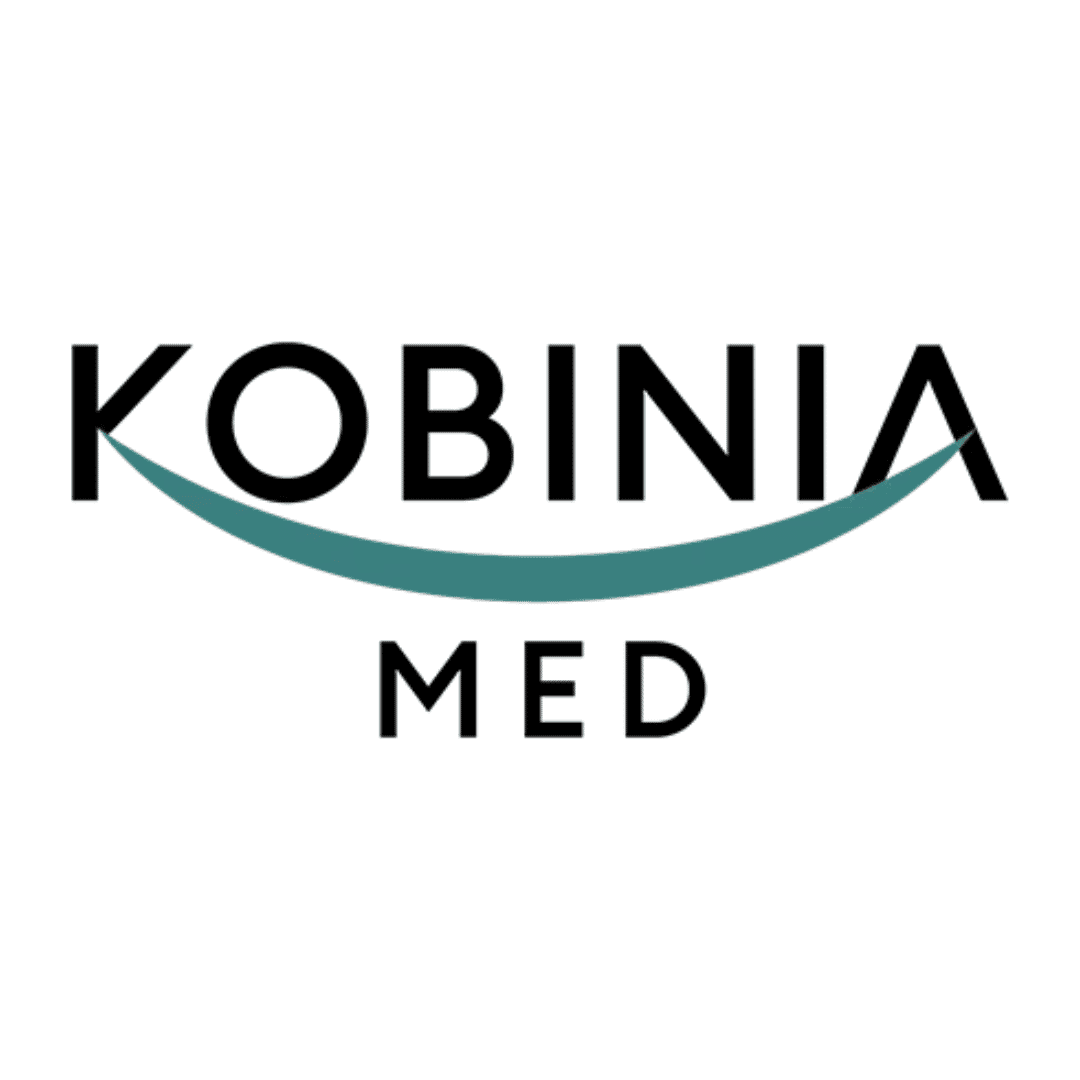

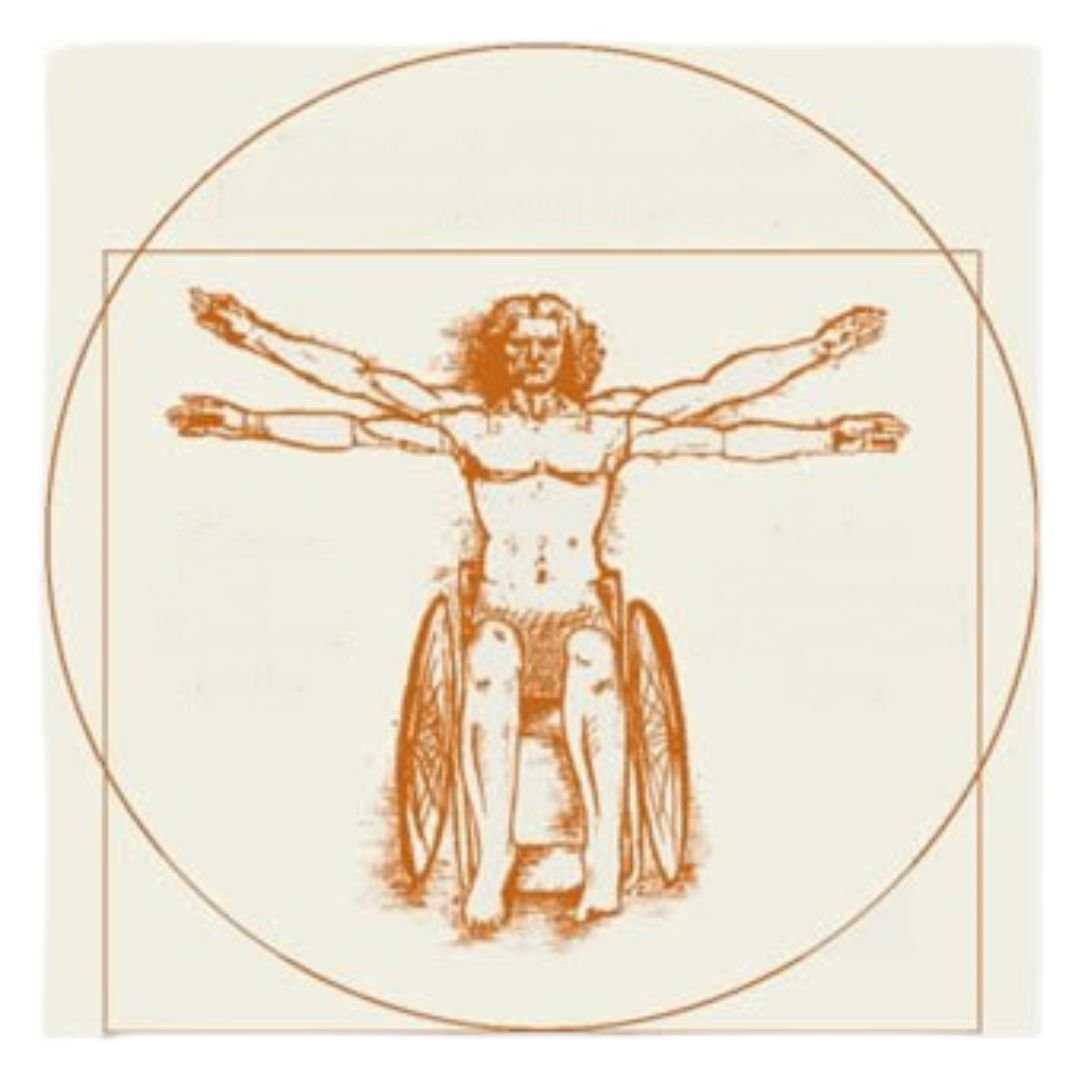
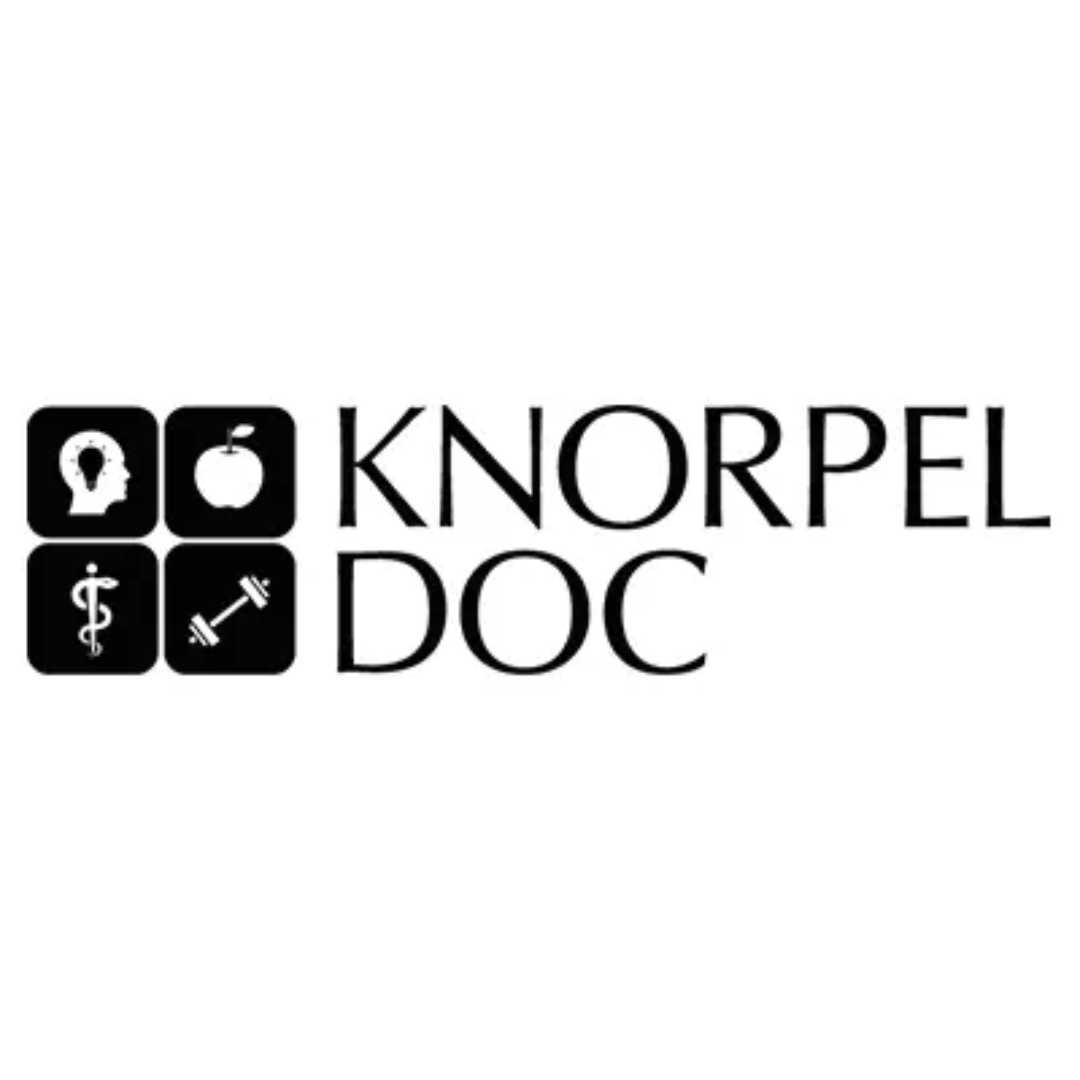
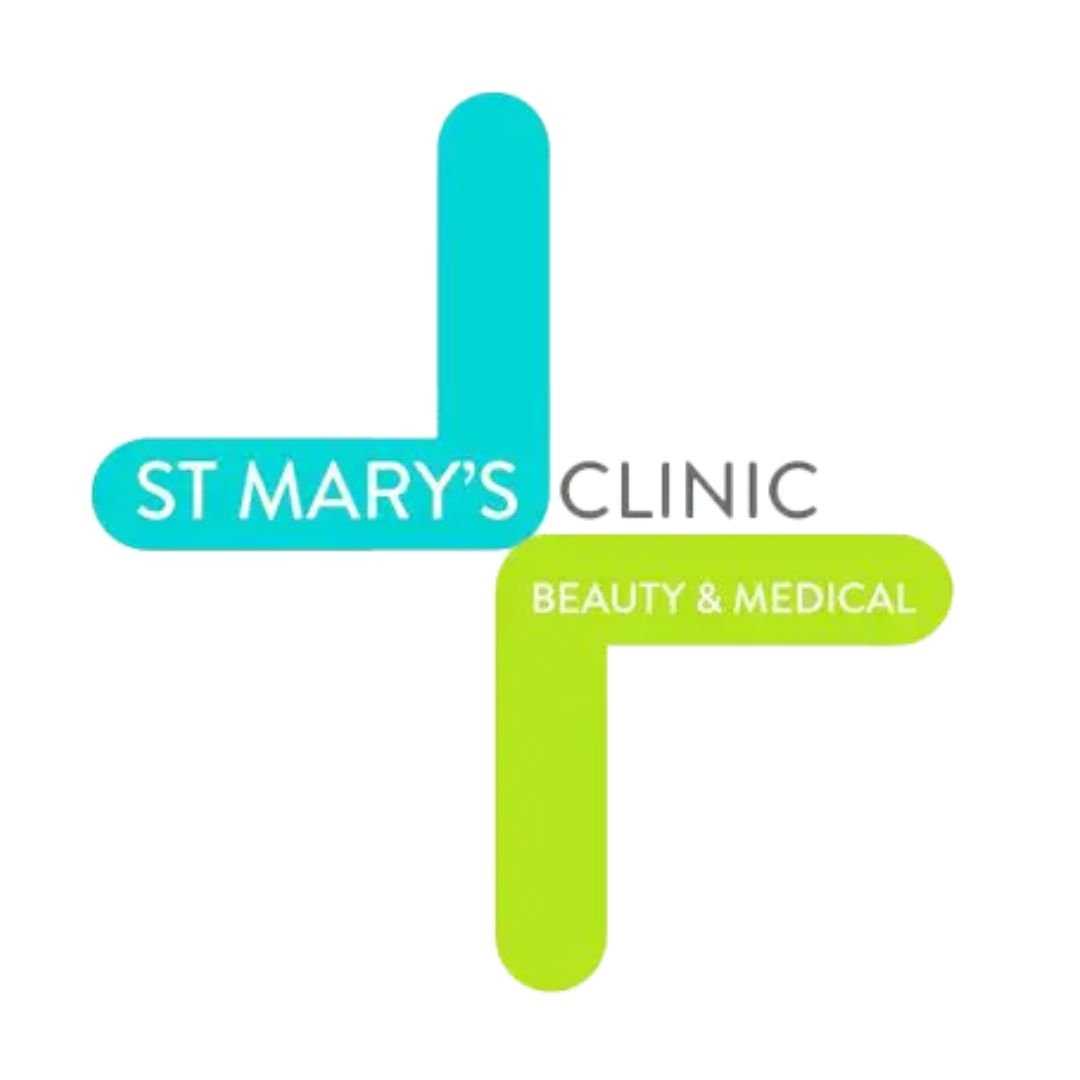

Share this listing